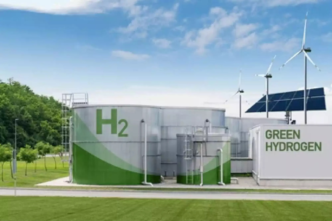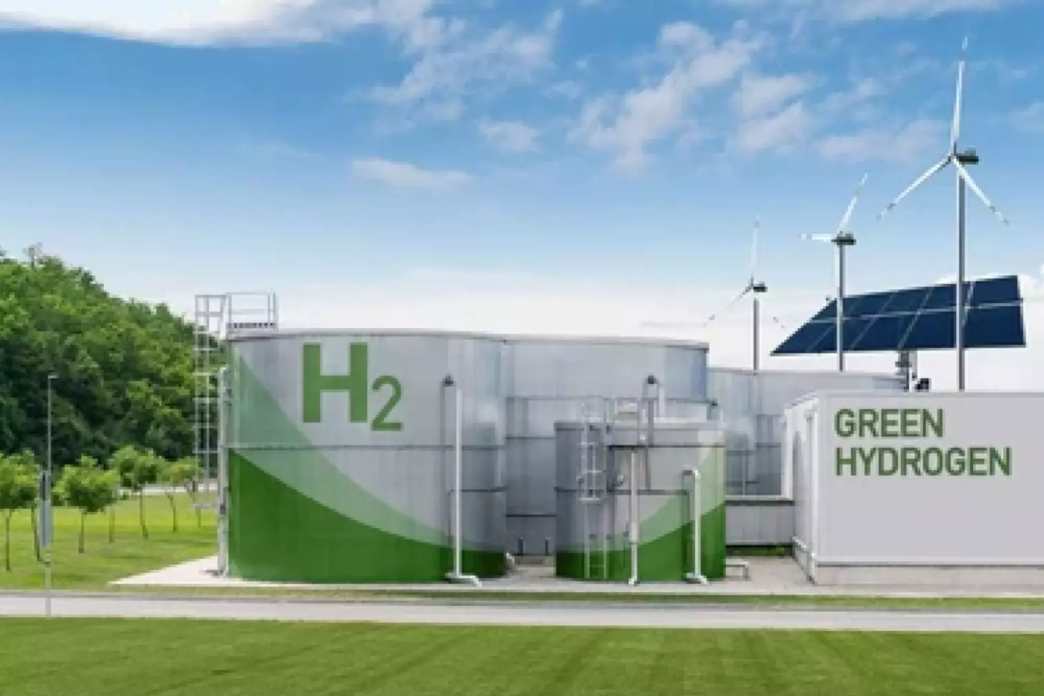India’s Ambitious Green Hydrogen Vision
India has emerged as a global frontrunner in renewable energy, with green hydrogen positioned as a cornerstone of its decarbonization strategy. Despite ambitious targets, domestic demand for green hydrogen and green ammonia has yet to gain momentum. In this backdrop, Indian developers are turning to international markets like Japan and South Korea to secure offtake contracts and accelerate project development.
Potential Markets in Japan and South Korea
Japan and South Korea have been identified as key markets for Indian green hydrogen exports. Industry experts highlight the potential for large-scale investments in green hydrogen projects if these offtake contracts materialize. According to Prashant Vasisht, Senior Vice President at ICRA, “We may see projects with investments of several thousand crores if firm commitments or contracts are signed in CY2025.”
Domestic Market Challenges
While India’s renewable energy sector has witnessed significant growth, the domestic market for green hydrogen remains nascent. Sanjay Gupta, CEO of Apollo Green Energy, explained, “India’s market is not mature enough to handle green hydrogen generation of this scale. Companies are looking for international offtakers, but exporting also increases costs.” He added that local adoption, akin to solar energy, is crucial for long-term sustainability.
Government Policies and Challenges
India’s government has introduced several policies to promote green hydrogen production, such as subsidies and incentives. However, challenges persist in scaling up the sector.
Arjun Mehta, a green hydrogen expert and advisor to GH2 India, noted, “While policies have reduced production costs, issues like large-scale transmission capacities, institutional financing, and supply chain gaps are slowing the sector’s development.”
Green Hydrogen’s Global Significance
Green hydrogen, produced using renewable energy sources like wind and solar, plays a pivotal role in decarbonizing industries such as heavy transport, steel, and chemicals. By exporting to markets like Japan and South Korea, India can position itself as a competitive player in the global renewable energy landscape.
Gupta emphasized the importance of cost competitiveness, stating, “India must ensure that its production costs are competitive to establish a strong foothold in international markets.”
The Road Ahead
India’s energy transition strategy hinges on overcoming domestic hurdles while leveraging international opportunities. Exporting green hydrogen to developed markets not only enhances India’s global reputation but also sets the stage for future domestic adoption.
As India works toward its renewable energy targets, establishing strong export channels and addressing local challenges will be key to realizing its green hydrogen potential.











